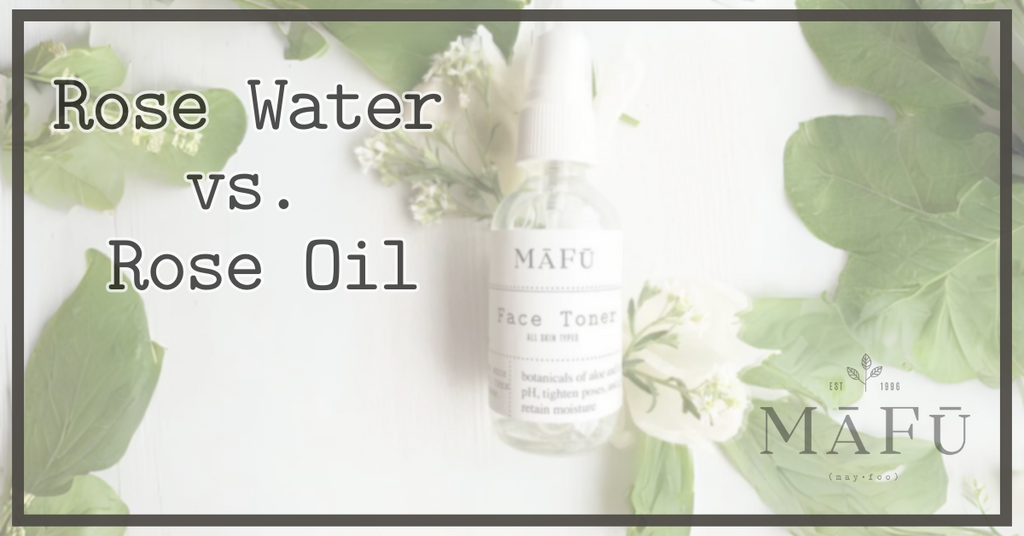In the world of skincare, there is no greater gift from Mother Nature than roses. However, if you want to use them for your skin routine, there are many options available. This article will discuss rose oil and rose water, explaining their benefits and how they can transform your skincare routine.
Understanding Rose Oil:
Rose oil (or rose essential oil) is a concentrated extract obtained from the petals of a rose plant most commonly through gentle cold-press extraction technique which preserves the thin aromatic compounds and healing values that come with them resulting into highly sought after oils thanks to its numerous benefits in skin care.
Benefits of Rose Oil:
Due to its complex composition, Rose oil has several benefits for the skin. It includes high levels of antioxidants like vitamin C which assist in protecting the skin against damage by external factors hence an anti-aging effect. Additionally, it hydrates as well as soothes dry or sensitive types of skins thus among preferred choices.
The Chemistry of Rose Oil:
The chemistry of rose oil is as delicate as its fragrance. The major components including citronellol, geraniol and nerol have antimicrobial and anti-inflammatory capabilities that help fight acne and sooth irritations. Furthermore, it has a molecular structure which facilitates penetration deep into the skin thus keeping it nourished, hydrated and glowing all day long.
Exploring Rose Water:
Rose water can be made through two primary methods: steam distillation and infusion.
-
Steam Distillation: This is the traditional method used to produce high-quality rose water. Fresh rose petals are placed in a still with water and heated. The steam carries the essential oil of the rose petals along with it, condensing into rose water when cooled. This method captures the essence of the rose petals in a water-based form, creating rose water with a delicate scent and therapeutic properties.
-
Infusion: In this method, rose essential oil or rose petals are soaked in distilled or filtered water for a period of time to infuse the water with the fragrance and properties of the rose oil or petals. While this method may result in a less concentrated form of rose water compared to steam distillation, it is simpler and can be easily done at home. However, it may not yield the same therapeutic benefits as steam-distilled rose water.
Benefits of Rose Water:
A versatile product for various skin issues; rose water works as a natural toner tightening saggy ones and soothing inflammations at once due to its natural anti-septic properties. Moreover, it adds more moisture to better moisturizing routines giving one’s face a glow that lasts longer.
The Chemistry of Rose Water:
Rose water, while less concentrated than rose oil, contains similar beneficial compounds such as flavonoids and phenolics that provide its antioxidant and anti-inflammatory properties. Its mildness allows it to be used on any skin including delicate or acne prone ones.
Choosing the Right Option:
Both rose oil and rose water have their own advantages when it comes to using them in your beauty regimen. On the one hand, rose oil is rich in nutrition and hydration while rose water provides a refreshing alternative for toning and soothing your complexion. In the end, the decision depends on personal preferences as well as individual skincare needs.
To sum up whether you choose rose oil’s opulence or the delicateness of some rose water, introducing roses into your everyday facial treatment will always leave the skin feeling like it has been spoiled with utmost care. Let us celebrate the glory of this flower and make our routine radiant with these nature’s wonders. Ready to explore our facial products, many of which contain rose? Click here to view our collection of facial products.
